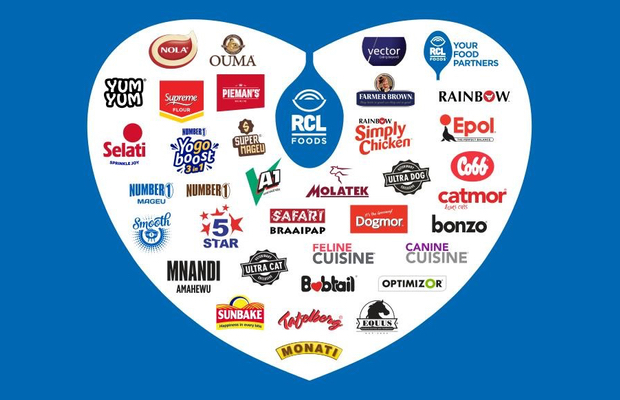RCL is far more than just a chicken business these days, which isn’t a bad thing. The chicken business isn’t for chickens, with paper-thin margins and a long list of risks, including the threat of biological issues like avian influenza.
The dreaded influenza was an issue for local poultry producers in the latest reporting period and RCL didn’t escape that problem. Despite that, RCL managed to return to break-even in the Chicken Division in the six months to December 2021.
It turns out that you can have too much of a good thing and that it is possible to be too diversified, creating operational and structural complexities.
RCL is reworking its corporate structure to enable the value-add branded foods business (Groceries and Baking) to operate in a more pureplay environment and be scaled accordingly. Investors will be hoping for a value unlock here in the form of a corporate transaction or major strategic push. Whilst the former is anything but guaranteed, the latter has been confirmed by the company talking about a “growth agenda” in this part of the business.
Vector Logistics had to integrate the local Imperial Logistics cold chain business, an additional challenge in a period that was difficult for supply chains everywhere. The group highlights that volumes have almost returned to pre-Covid levels, which is encouraging for investors.
In this six-month period, RCL achieved 9.2% growth in revenue, driving an increase in earnings before interest, taxes, depreciation and amortisation (EBITDA) of 14.4%. With adjustments made to reflect once-off items and calculate “underlying EBITDA” the growth drops to just 2.5%.
A similar story plays out in headline earnings per share (HEPS), which increased by 21.6% under standard accounting rules and just 3.1% with the adjustments made.
The adjustments relate to fair value changes in commodity procurement positions, civil unrest and Covid-related direct costs and fire damage at the Komatipoort sugar warehouse.
RCL has a new CEO in the hotseat, as Paul Cruickshank took over from Miles Dally on 1 December 2021 following Dally’s retirement. This led to a new executive structure being put in place, including a consolidation of the CEO and COO roles.
Going forward, the group is focused on its innovation pipeline to keep the range in line with consumer trends. The Food Division boasts the highest Return on Invested Capital (ROIC) in the group, so it is clear why the executive team is focused on this part of the business.
The share price is up around 70% in the past year and 5.6% year-to-date.




